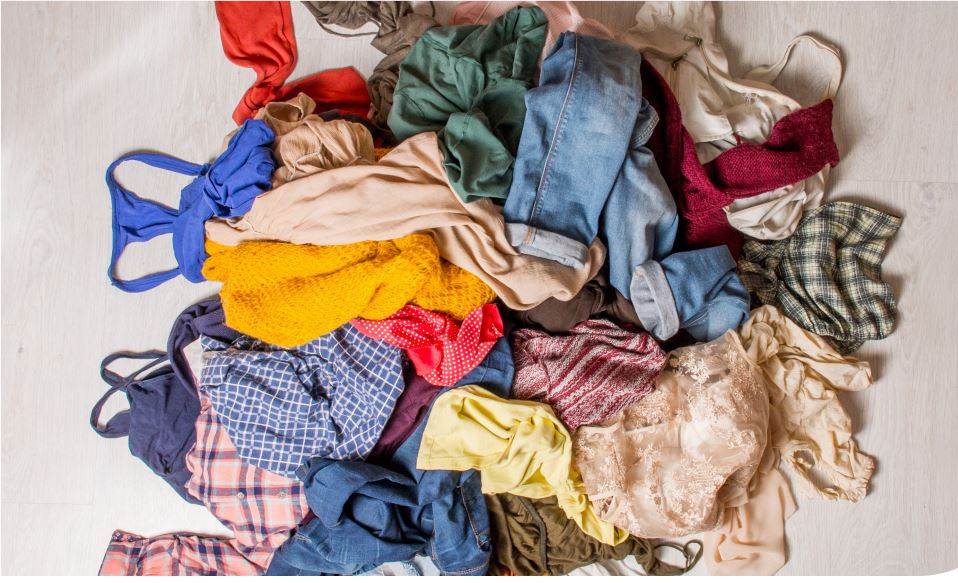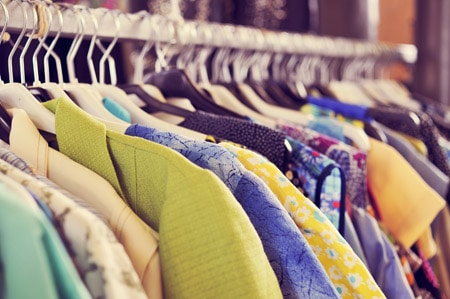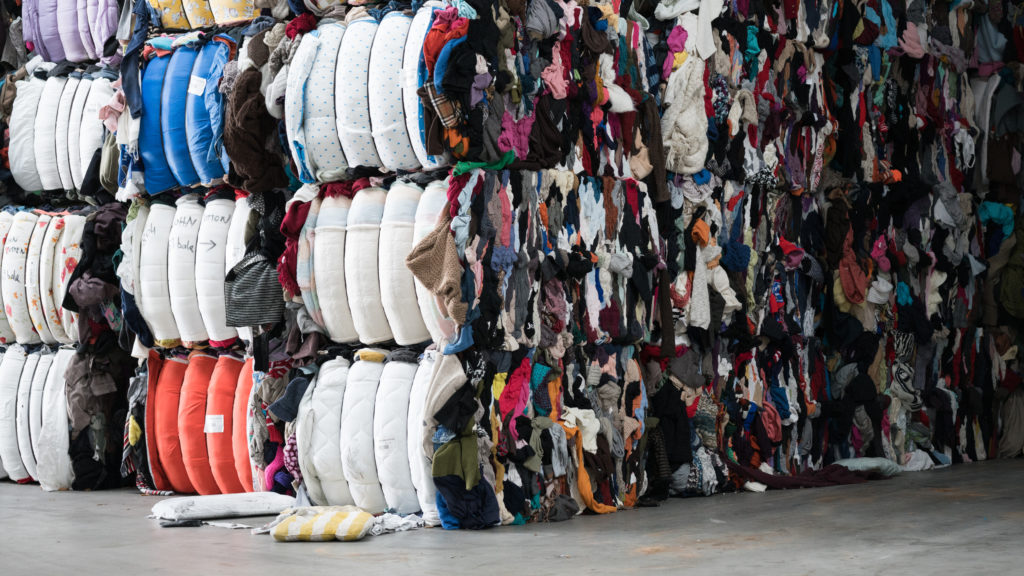The rise – from 4.20 to 4.50 per hour – is yet another increase in costs for the labour-dependant sector, which has also suffered mounting insurance expenses and increasing competition from Eastern Europe in the last few years.
Pessimistic
Despite a seasonal upturn in the number of orders from Africa and Eastern Europe in the run up to Christmas, buyers are unwilling to pay much more for clothes and UK recyclers remain pessimistic.
President of the Textile Recycling Association and chairman of I&G; Cohen, Elliot Cohen, said: “Business is very, very tough. Things have picked up in Africa, but they're not great. There are always orders available at this time of year. But the clothes need to be in Africa before Christmas, and there's a three-week shipping time, so by the end of November, there will be no orders coming through.”
The continued increase in costs has raised fears that textile sorting in the UK may soon be a thing of the past. “I wouldn't be surprised if the UK industry changes from collecting and sorting textiles to just collecting them, unless we can convince the government here and in Brussels that textiles recycling is the same as any kind of recycling. Until we can get some tax breaks or money invested into textile recycling, when wages go up as they just have, the less economical it becomes to sort the goods,” Mr Cohen said.
Quality
Although plenty of clothes are being donated in the UK, bolstered by the end of the summer holidays and wardrobe clear-outs, there are concerns about the overall quality of materials.
One major problem is competition from Eastern European companies which export unsorted second hand clothing from the UK, removing it from UK sorting systems. Unsorted textiles, particularly those collected from the kerbside, tend to have the largest proportion of high quality materials. With other sources, such as charity shop collections, the best 10-15% of the stock has been removed for retail in the UK.
Continued on page 2…











Subscribe for free